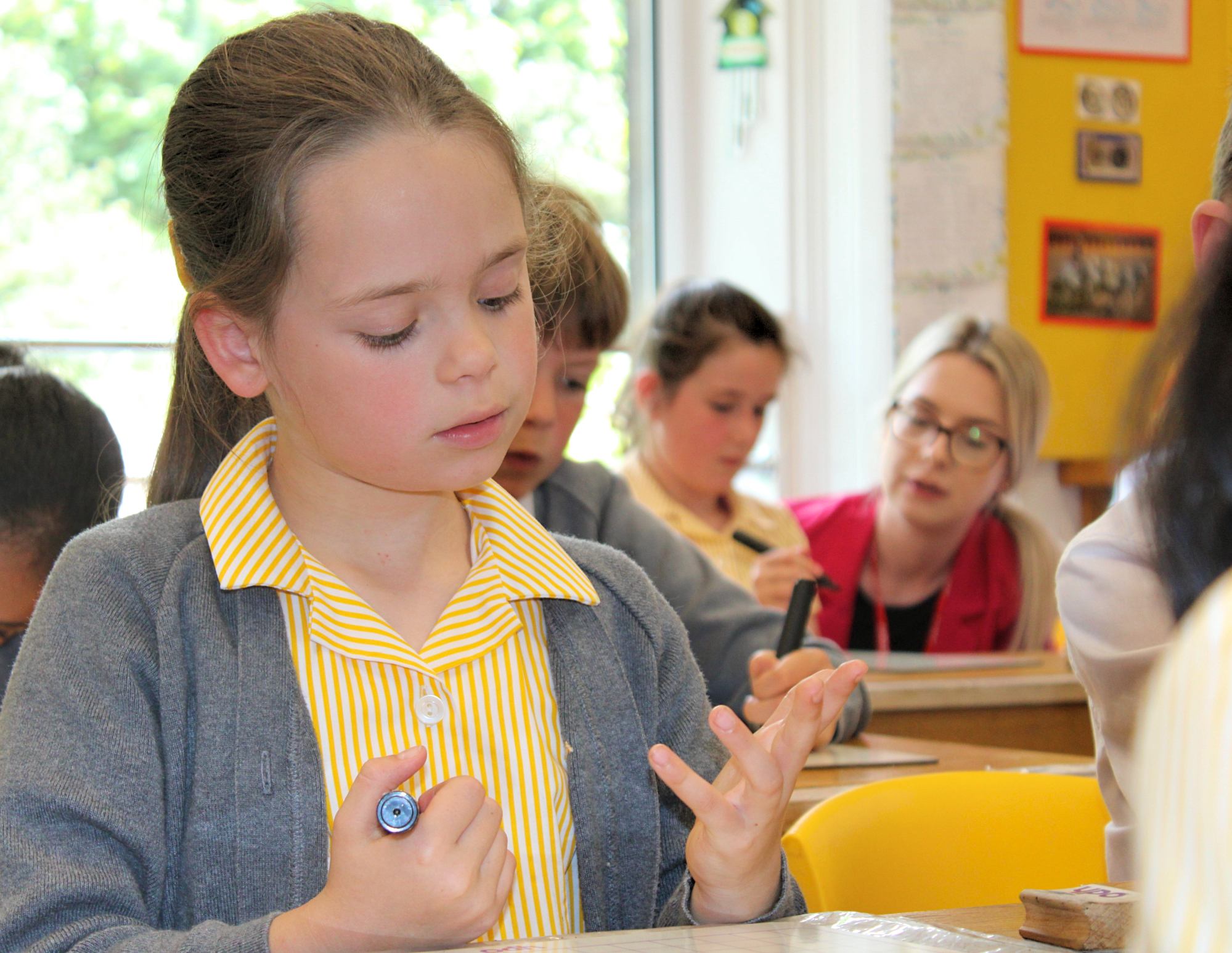
Learning to Learn
Your children will learn so much, about so many things. The most important thing is, undoubtedly, learning how to learn. When home and school work closely together, children become the best possible learners.

Ambition
For children to achieve to the very best of their abilities, they have to want to succeed. We must always persuade our children to be the best that they can possibly be.
Curiosity
Children should need to know, and their learning should be one long question.
Empathy
Children need to be reminded about ‘otherness’. It is essential for learning and life, for one’s self and for everyone else.
Focus
Sustaining concentration is essential to getting the job done, and staying on task is a habit children must acquire.
Persistence
Giving up is never an option and children need to see things through, however big the challenge.
Resilience
As parents and teachers, we struggle to see our children make mistakes. We need to let them, because it is by making those mistakes that children learn.
Self-assurance
Believe that you can and you will. We need to create a ‘can do’ attitude in our children because “in the end, those who win, are those who think they can” - Richard Bach.
Collaboration
Working with others can be challenging, but children do learn so much from each other.
Think flexibly
The first answer is not always the best answer, or the only answer. By keeping an open mind, children become problem solvers and creative thinkers.
Good judgement
The choices that we make, and the consequences of those choices, determine our wellbeing and the wellbeing of those around us, now and in the future.
Initiative
Having a go at leading, rather than following, is certainly what can change the world.
Reflection
Allowing time to reflect is essential. It is in those spaces between learning that children secure their knowledge, skill and understanding.
Risk taking
Children must have the opportunity and practice to ‘dig deep and step into the unknown’ – even being willing to taste Marmite!
